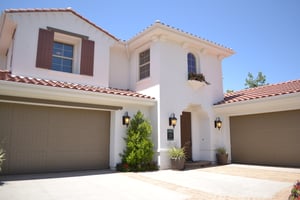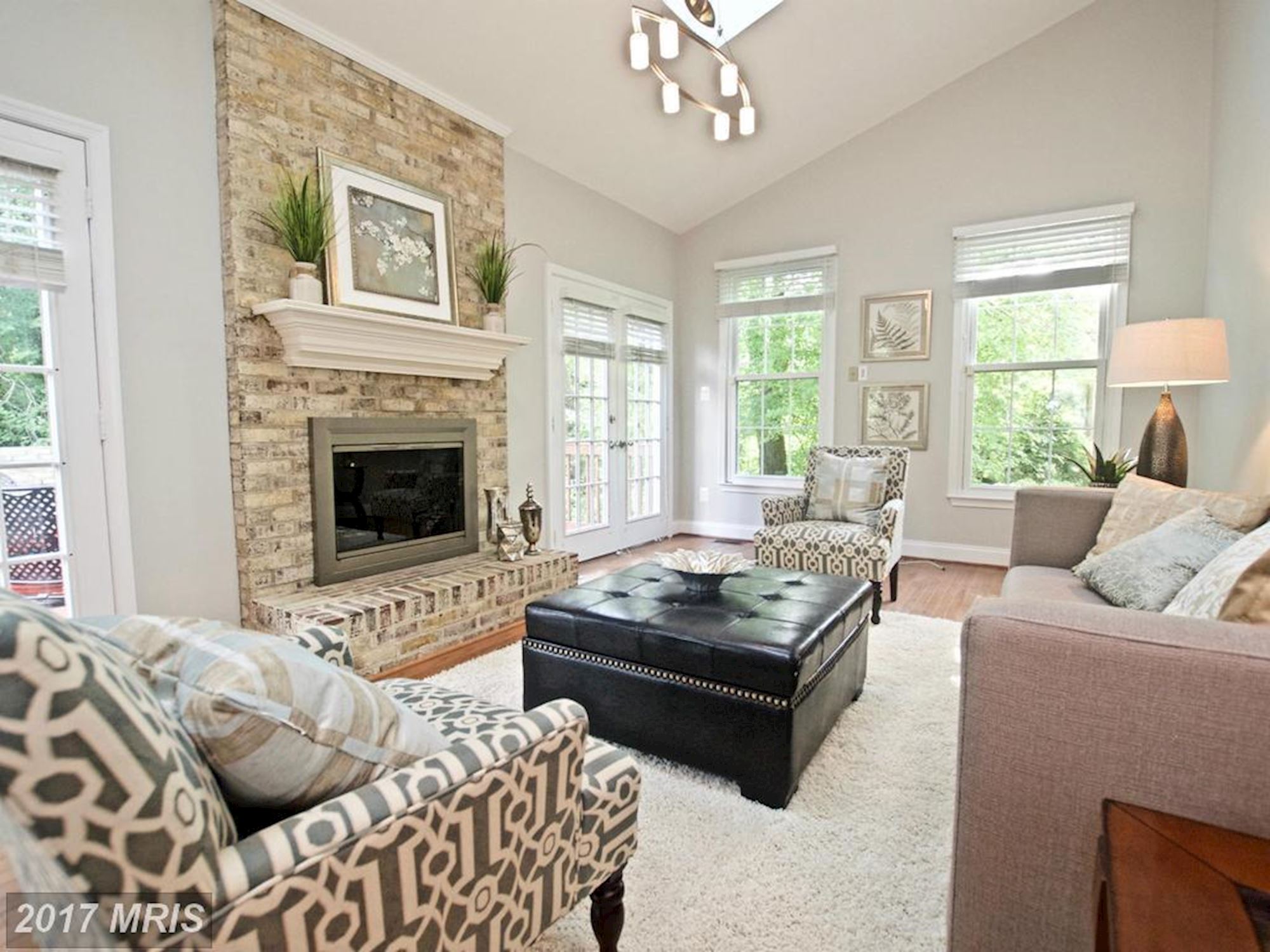 If you are considering purchasing a second home then you are most likely a seasoned homeowner. You’ve been through the process of buying a home so you are aware of the process, but purchasing a second home comes with unique factors that you should consider before making this enormous investment.
If you are considering purchasing a second home then you are most likely a seasoned homeowner. You’ve been through the process of buying a home so you are aware of the process, but purchasing a second home comes with unique factors that you should consider before making this enormous investment.
Do You Have Enough Money?
Money is the most relevant factor in the equation when it comes to purchasing a second home. If you are choosing to take out a mortgage on a second property be sure to thoroughly understand the requirements to effectively prepare for the process of your loan application. When you bought your first home your credit was an enormous factor in your loan approval; however, your credit is even more relevant with the purchase of a second home. This second time around your debt-to-income ratio will be significant regarding the bank’s decision because you will now be holding two mortgages. Be ready to put down a substantial amount for your down payment; for a vacation home, you will be required to put down 10% and typically 25% for an investment property. And don’t forget to factor in closing costs. There are also costs such as insurance and HOA fees to consider. With all this, the smart choice is to consider a home only when you have the cash to buy. Remember taking out a loan is a risk, especially if you have a current mortgage.
How Will You Use the Property?
Generally, second home purchases are used as vacation homes, rental properties, or investments. Ask yourself, why you are considering buying a second home. If your plan is to rent out the property, it’s vital that you build a rental strategy early on in the process. This will assure you will have rental income that will offset the property’s monthly expenses from the beginning. Are you buying a vacation home? The main question is how often will you actually be at that home. Purchasing a vacation home that you only visit a couple of times a year will drain your bank account. Remember not only are you paying a monthly mortgage, but you are also paying all the utilities each month whether you are there or not. That equals a whole lot of wasted dinero. An investment property is a whole other animal. Fix and flips generally are financed through private lenders or hard money lenders. These lenders will charge outrageous amounts of interest. Banks generally shy away from investment properties due to the large risk they carry. If you don’t have stacks on deck an investment property is one of the largest risks you can take.
How Will it Affect Your Taxes?
Taxes. This is a biggie. Understanding the tax implications of your new home can be a real challenge. If you are using the property as a second home, interest on the mortgage is the same as the mortgage on your first home. However, if your intention is to rent your property out, you will be earning rental income throughout the year, which is taxable income. Because you are the owner of the property, you can take deductions on mortgage interest, repairs, property taxes, depreciation, and operating expenses. As a landlord, it is imperative you maintain accurate records of your expenses and income. Let’s break this down.
Taxes on Vacation Homes
A residence that is purely a vacation home will require different tax filings than a primary home. However, if you are using it as a vacation and a rental like an Airbnb, you will want to be prepared to account for exactly how much time is allocated to each of the uses. Second homes that were purchased before December 15, 2017, and are primarily used for personal use, as in a vacation home can deduct the mortgage interest on the second property in the same way the first mortgage interest rate is deducted. You can write up to $750,000 off your taxes.
Taxes on Rental Properties
Rental property taxes can be a little tricky. If you rent out your second property for 14 days or fewer throughout the year, the IRS does not require you to pay taxes on that income. However, if you rent it out more than 14 days, then all income must be reported on your taxes. This includes maintenance and depreciation.
Taxes on Residence and Rental Properties
Owners using the property as both as a residence and rental property will divide the costs between the times it is used as each when filing taxes. For example, if the property is used residence more than 10% of the number of days that is used as a rental, it is considered a residence and no rental costs are allowed to be deducted from your taxes.
There are numerous factors to consider when thinking of purchasing a second home. Not only do you need the money but you need time and energy. Second homes can be wonderful investments, but it is important to thoroughly understand the implications of a second property.

Isabel Machuca
Since 2008, Isabel has helped both buyers and sellers accomplish their real estate goals. Growing up in Vienna, Isabel has vast local knowledge about the DC metro market and has enjoyed growing her network and building relationships with . Her love for real estate and passion for guiding people through the process makes her a an excellent asset to the Glass House team.






